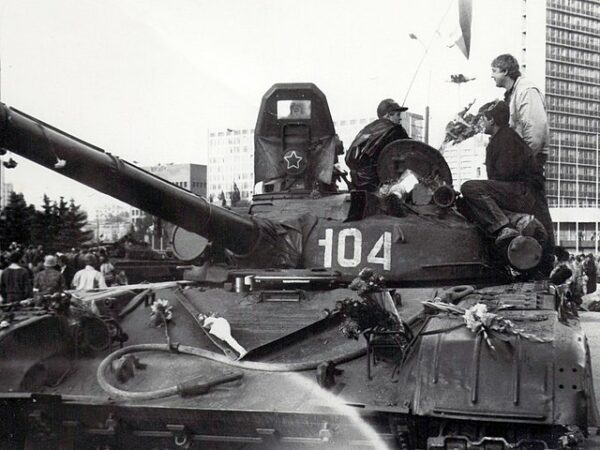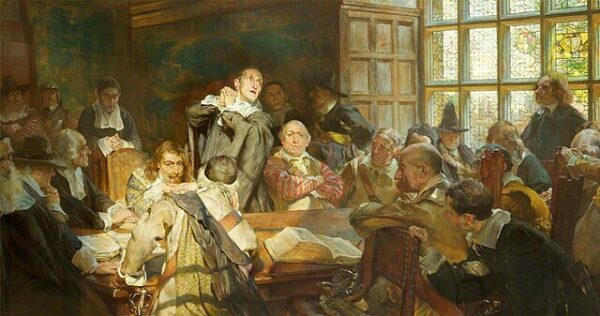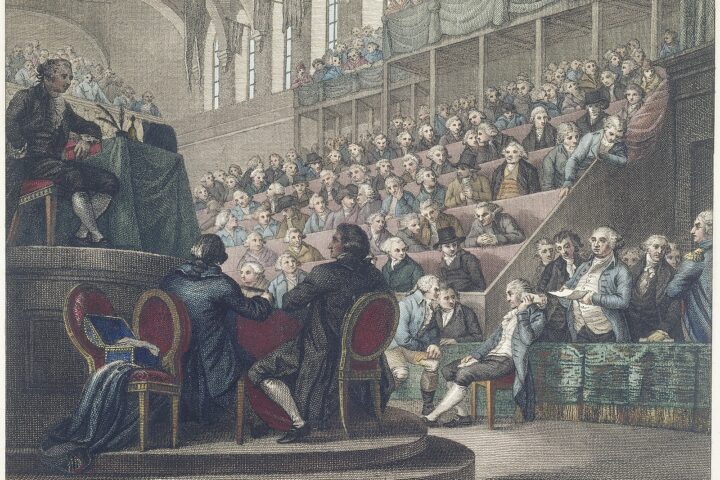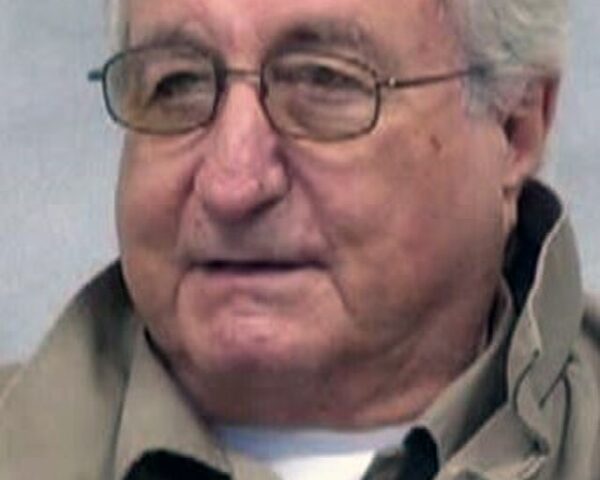On December 26, 1991, the world changed when the Soviet Union officially came to an end, marking the official end of the Cold War, which had gripped the world for nearly five decades. The dissolution of the Soviet Union was a complex process, culminating in the formal declaration by then-Soviet President Mikhail Gorbachev. This event marked the conclusion of years of political, economic, and social changes brewing within the Soviet bloc.
One of the key factors contributing to the Soviet Union’s demise was the economic stagnation it experienced in the 1980s. The centralized and planned economy struggled to keep pace with the dynamic global economic landscape. The arms race and heavy military spending further strained the Soviet economy, leading to inefficiencies and widespread dissatisfaction among the population.
Political reforms initiated by Gorbachev, such as glasnost (openness) and perestroika (restructuring), aimed at revitalizing the Soviet system but inadvertently opened the door to increased political freedoms and demands for independence by various Soviet republics. The Baltic states, Ukraine, and others declared their sovereignty, eroding the centralized power of the Kremlin.
The failed coup attempt in August 1991, orchestrated by hardline elements within the Soviet government, further weakened the central authority and accelerated the disintegration process. Boris Yeltsin, then President of the Russian Soviet Federative Socialist Republic, emerged as a prominent figure, resisting the coup and solidifying Russia’s move toward independence and a semblance of democracy.
On December 26, the leaders of Russia, Ukraine, and Belarus signed the Belavezha Accords, formally dissolving the Soviet Union and establishing the Commonwealth of Independent States (CIS). This marked the end of the Cold War era and the emergence of new independent states in the former Soviet territories. The dissolution had profound implications, reshaping global politics and paving the way for the post-Soviet era that remain with us today.






